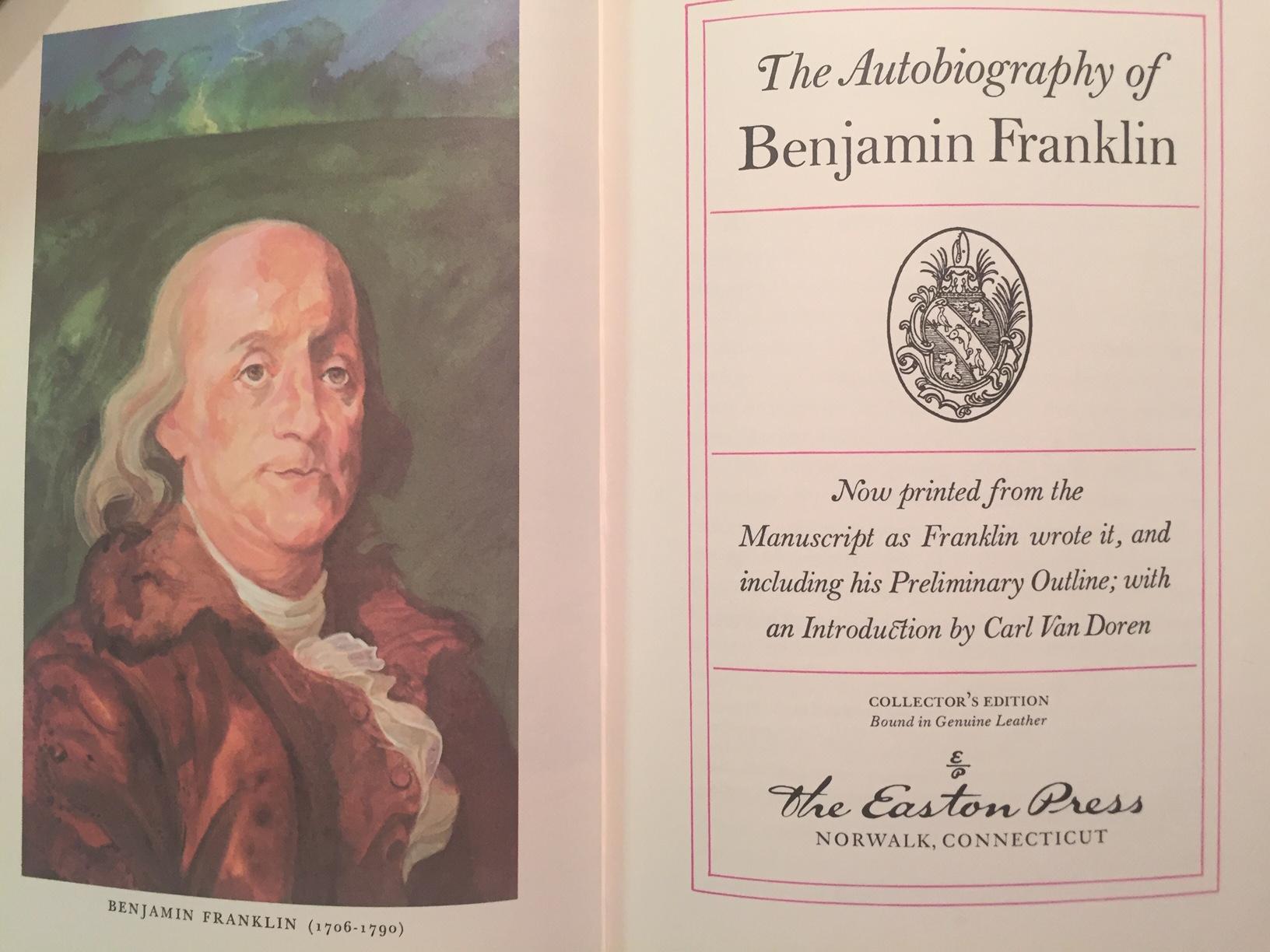

Helen Berman, a structural biologist at Rutgers University, called them “sort of strange.” Of Dr. Still, other scientists and historians said they were puzzled by the arguments made in the Nature essay. Franklin knew the Cambridge researchers had access to her data and that she “doesn’t seem to have minded,” Dr.

Perutz “already knows more about it than they are likely to get across so you may not think it worthwhile coming.” In the letter, which was written in January 1953, Pauline Cowan, a scientist at King’s College, invited Dr. Franklin knew her results had made their way to Cambridge. Comfort, who found a letter that implies Dr.

This data proved more useful to the pair than Photograph 51, said Dr.

Franklin’s unpublished results during an official visit to King’s College. Crick’s supervisor, the molecular biologist Max Perutz, received a report on Dr. Franklin died of ovarian cancer at age 37, and it became the prevailing narrative of the discovery. That book was published in 1968, a decade after Dr. Franklin knew about who had access to her data, the new documents do not change the fact that she did not receive adequate recognition for her work, some historians said. “What this does is add a little new evidence to a trail, which leads directly to Franklin’s being a major participant,” said David Oshinsky, a historian of medicine at New York University.Īnd regardless of what Dr. Franklin played a key role in the discovery. Other experts said that the new documents were interesting but did not radically change the narrative it has long been clear that Dr. “We should be thinking of Rosalind Franklin, not as the victim of DNA, but as an equal contributor and collaborator to the structure,” Dr. Crick had access to her data and that she and Dr. These documents, they say, suggest that Dr. Watson, draw upon two previously overlooked documents in Dr. Crick, and Nathaniel Comfort, a historian of medicine at Johns Hopkins University who is writing a biography of Dr. In a new opinion essay, published in Nature on Tuesday, two scholars argue that what transpired “was less malicious than is widely assumed.” The scholars, Matthew Cobb, a zoologist and historian at the University of Manchester who is writing a biography of Dr. Franklin play in the discovery of the double helix, and to what extent was she wronged? It also set off a long-running debate among historians: Precisely what role did Dr. This account became a parable of poor scientific behavior, leading to a backlash against Dr.


 0 kommentar(er)
0 kommentar(er)
